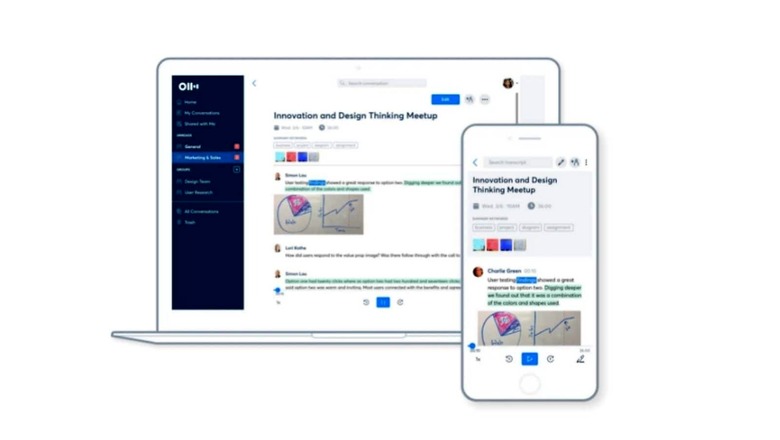
views
Otter.ai is a popular platform that helps many journalists (including me) and researchers transcribe long conversations with other individuals. The platform relies on artificial intelligence and machine learning to automatically convert speech to text with good accuracy. The platform essentially takes the recording and sends it to its servers where it is transcribed automatically. A recent report by Politico explains while the platform promises greater utility, there’s a big downside when it comes to privacy.
The publication recently interviewed Mustafa Aksu, a Polyglot Uyghur advocate living in Washington DC. Aksu is also a wanted man in China who discussed psychological trauma afflicting Uyghurs overseas. Following the interview, Otter.ai sent an “odd note" asking about the “purpose" of the conversation. After a deep dive into this odd message, the publication learned that Otter.ai is obligated to share information with the government with a relevant legal notice. The company does offer end-to-end encryption security, but that gets decrypted when servers start transcribing the text.
The report highlights, “Otter and its competitors, which include Descript, Rev, Temi and the UK-based Trint, are digital warehouses whose advantages of speed and convenience are bracketed by what experts say can be lax privacy and security protections that may endanger sensitive text and audio data, the identities of reporters and the potentially vulnerable sources they contact."
Risk of sharing data with government
The report highlights that conversations stored on Otter.ai’s servers risked revealing Aksu’s identity. It may even open doors for harassment and surveillance by the Chinese government on an Uyghur activist. Otter.ai first clarified to the publication that the company is not monitoring content. It later clarified that the conversation with Aksu was not shared unless the company is “compelled to do so by a valid United States legal subpoena." Otter’s privacy policy notes that users have the right “to receive an explanation of how we use [user data] and who we share it with."
A Wake-up call for all
The debate between privacy and utility is more important now than ever before. We use apps and software for almost everything and all companies have access to data. Sometimes data is genuinely used to improve the overall experience, and sometimes platforms like Meta and Snapchat sell them to third-party ad companies. The report citing the Freedom of the Press Foundation highlights that users must protect their data by choosing transcription app service providers that at least offer two-factor authentication. Users are also recommended to use strong passwords.
It also goes without saying that a robust mechanism needs to be put in place by the government to ensure users’ privacy is safeguarded against large corporations. It remains unclear as to why Otter.ai first sent the mail related to the conversation with Aksu.
Read all the Latest Tech News and Breaking News here



















Comments
0 comment